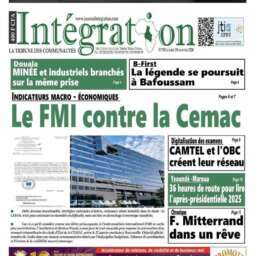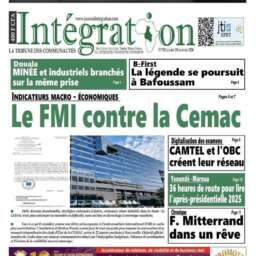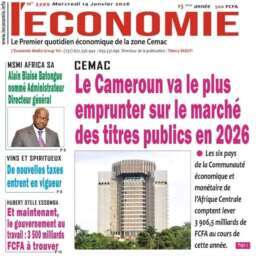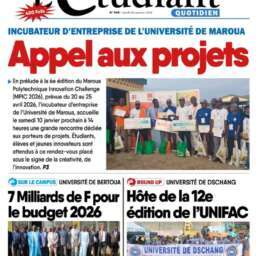(Business in Cameroon) – Cameroon remains under enhanced monitoring by the Financial Action Task Force (FATF), the global money laundering and terrorism financing watchdog, which determined that while progress has been made, it is insufficient for immediate removal from the grey list. The decision followed the FATF’s fourth Plenary meeting held in Paris from October 22 to 24, 2025.
In its report, the FATF acknowledged Cameroon’s ongoing efforts but stressed that more work is needed to complete its action plan, all deadlines for which have now expired. The body encouraged the country to continue implementing its reforms “as soon as possible.”
During the same session, other African nations, including Burkina Faso, Mozambique, Nigeria, and South Africa, were removed from the list after successfully completing their respective action plans.
Cameroon has been on the grey list since June 23, 2023. This designation applies to countries with strategic deficiencies in their anti-money laundering (AML) and counter-terrorist financing (CTF) regimes, but which are actively cooperating with the FATF. While not an immediate embargo, the listing raises the risk of international financial restrictions if reforms are delayed.
In response to the international scrutiny, President Paul Biya signed a decree on October 30, 2023, creating a Coordination Committee tasked with steering national policies against money laundering, terrorist financing, and the proliferation of weapons of mass destruction. The committee brings together representatives from government agencies, professional bodies, including bankers, notaries, lawyers, insurers, chartered accountants, and microfinance actors, and economic organizations.
Despite these measures, not all commitments have been met. Hubert Nde Sambone, Director of the National Financial Investigation Agency (ANIF), stated that several key areas remain incomplete, specifically the supervision of non-profit organizations and non-financial professions, which are still considered vulnerable to money laundering risks.
Authorities have now set a new target of end-2026 to fully implement the action plan submitted to the FATF.
The continued listing represents a diplomatic and economic warning for Yaoundé. It could deter foreign investment flows and increase the compliance requirements imposed on Cameroonian financial institutions by their international partners. Nevertheless, the FATF acknowledged “the ongoing reform momentum” and remains open to an early re-evaluation should rapid, documented progress occur.
BRM



































